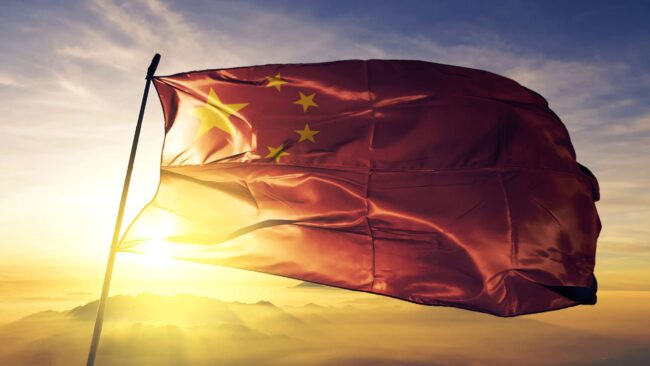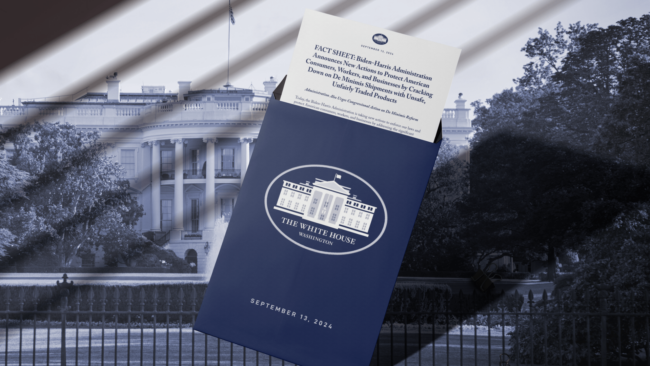Mario Draghi Says Reindustrialization Will Cause Inflation, But It Will Be Worth It
Reindustrialization might cause some above-target inflation. Deindustrialization, meanwhile, might take countries out of the running of the industries of today, and the future, too, said former European Central Bank president Mario Draghi.












